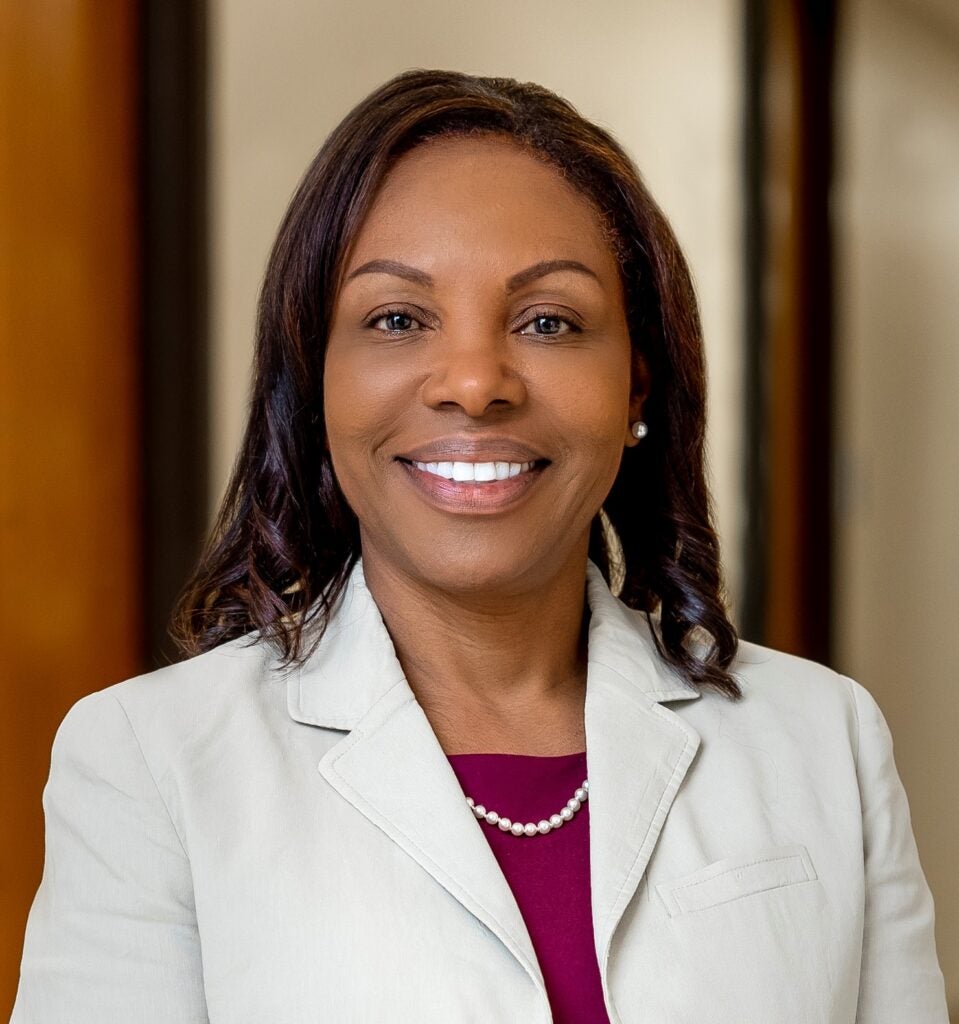Karen Bullock, PhD, LICSW, FGSA, APHSW-C, is the Louise McMahon Ahearn Endowed Professor in the Boston College School of Social Work. She is a Licensed Independent Clinical Social Worker (LICSW) with mental health practice experience and expertise in health disparities, health equity, serious illness care, aging and gerontology, hospice, palliative and end-of-life care decision making. She has served as Principal Investigator and/or Co-Investigator for over $5 million in federal grant funding focused on equity and inclusion for workforce development, aging, and health network sustainability.
During the June 13th – 14th Serious Illness Care Program Summit, Karen will present on Anti-Racist Practices in Serious Illness Care. We spoke with her to learn more about where racism exists in our current health care systems, and what people can take away from her session.
Why is it important that we talk about equity in serious illness care?
Equitable care is ethical care. Clinicians have an ethical obligation to ensure that all patients and families have access to care that addresses their psychosocial needs as persons living with or caring for a loved one with an incurable illness. An essential aim of equitable care is to undo structural and systemic barriers.
Where do you see racism reflected in our current structures of care?
I have witnessed structural and systemic racism in care settings. One structural example is the absence of clinicians that are trained and educated in palliative care. Speciality practice preparation, which is an essential resource for workforce development, often does not extend into communities that have been historically marginalized and excluded from health care access on the micro, mezzo and macro levels.
Another place that racism has been documented in the literature is in the stigmatizing language that health care providers use in medical records. More positive and person-centered language is used in the medical records of White patients, while Black, Indigenous, Hispanic/Latino, and other people of color are at greater risk of being stereotyped, labeled as “[difficult]; having their credibility questioned, being disbelieved or disapproved by the physician.”
There is a long list of structures and antiquated policies that perpetuate racism in serious illness care.
What will it take to begin to change these structures?
There is a long way to go in making systems truly equitable. Strategies to begin to address these challenges include 1) Continuing education that helps clinicians to become aware of historical racism and its impacts in contemporary care and care models, and 2) workforce development that focuses on diversifying IDTs to be more reflective of populations that have been historically marginalized and/or excluded from health care systems and settings.
What can people learn from your talk?
They can learn about historical racism in health care systems and how those structural and systemic barriers are carried forward into current/contemporary ways of caring for underrepresented populations. These populations require more than “equal” access (i.e. clinicians with a mentality of “I treat all my patients the same”) and need clinicians who have been trained to provide equitable care (“I meet patients/families where they are and can help them to receive culturally concordant care”).
What are you most looking forward to about the summit?
I am hoping that attendees will be open hearing and learning about historical racism and its negative impacts on health care decision-making, accessibility, and utilization of serious illness care.



